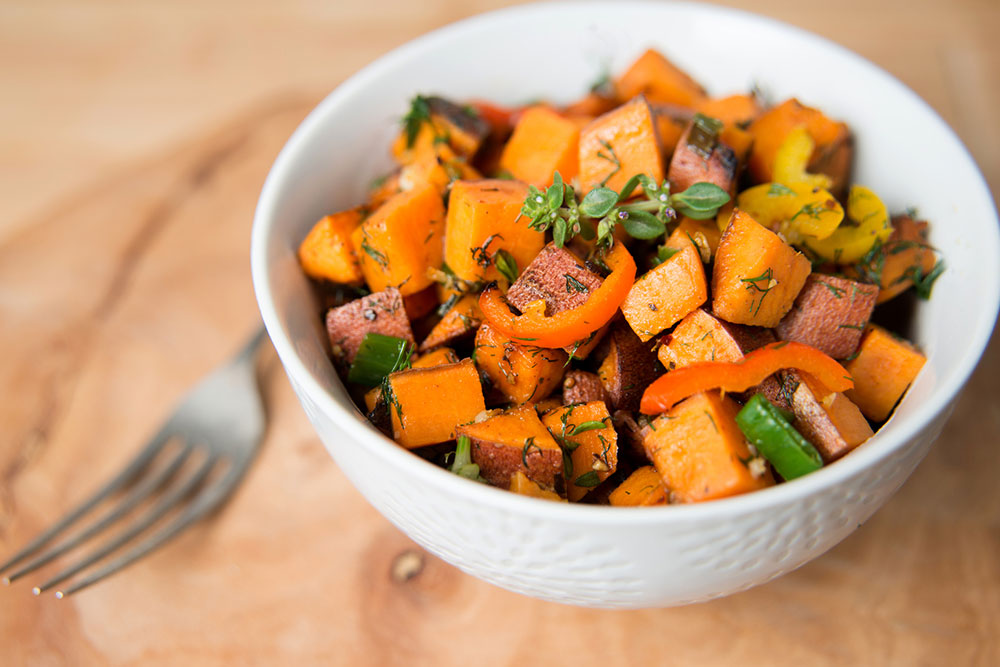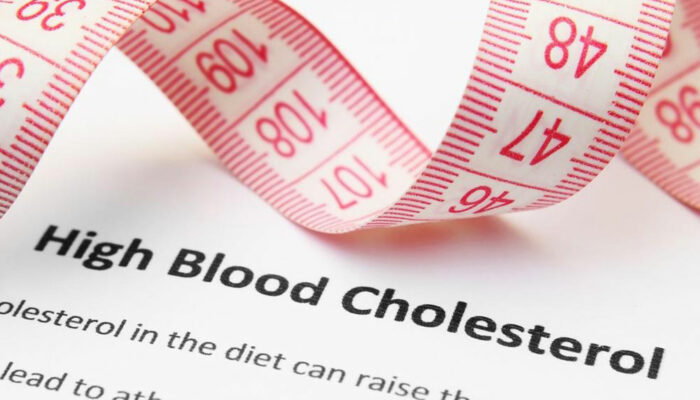
Potential health risks of following the Paleo diet
The paleo diet, commonly referred to as the caveman diet, is a dietary plan that can be traced to have similar characteristics to the diet followed in the paleolithic era. It can be dated back to nearly 10,000 years ago and is based on the idea that the body can be effectively fueled with foods as eaten by our ancestors in the Stone Age. Those foods that could be obtained through gathering, fishing, or hunting. It majorly comprises of meats, fish, vegetables, and fruits, while eliminating dairy, legumes, beans, sugar, and more.
This diet revolves around returning to the way the early humans ate their meals. Paleo diet experts reason that the modern diet does not go down too well with the human body genetics. The emergence of the practice of farming led to additional staples in the human body, a mismatch that is believed to contribute to several modern-day health issues. A Paleo diet may be followed by anyone looking to lose weight or wanting help with planning meals effectively. The restricted diet intake can also have its own ill-effects:
- Limited intake of carbs : The paleo diet excludes the intake of cereal grains. Foods like barley, oats, brown rice, and wheat contribute to several functions in our body, lower the cholesterol levels, and control body sugar levels, while also helping fight chronic diseases. They render essential nutrients that include iron, magnesium, selenium, and fiber, which are extremely important for maintaining good health. The consistent low carb levels can trigger the overuse of fat for energy and dehydration, making physical exercise a challenge. Exhaustion and fatigue may also creep in over time.
- Excess saturated fats : This diet-recommendation includes the intake of high amounts of saturated fats. The excess deposition of saturated fats can increase the risk of several conditions like heart and kidney disease.
- Excess intake of red meat : There is a significant amount of research that suggests the ill-effects of high levels of red meat intake. The high-fat meat, coupled with the saturated fat, can trigger the levels of LDL to go up. It can also increase the risk of bowel cancer.
- Restricted dairy intake : Dairy makes for a vital part of our diet and contributes to the bodily maintenance by providing several types of essential nutrients like calcium and vitamin D. Dairy products contribute to the good health of the bones, and eliminating them can affect bone health. Over time, one may be at an increased risk of developing conditions like osteoarthritis, rickets, and bone fractures.
While the above-mentioned effects can be harmful, the Paleo diet is also known to generate better results as compared to the other popularly followed eating plans. While there are no clinical studies to prove, it is believed to provide benefits with better blood pressure control, improved glucose tolerance, better appetite management, and more. The Paleo diet may not work well for everybody, which makes it best to consult a professional before following it.



